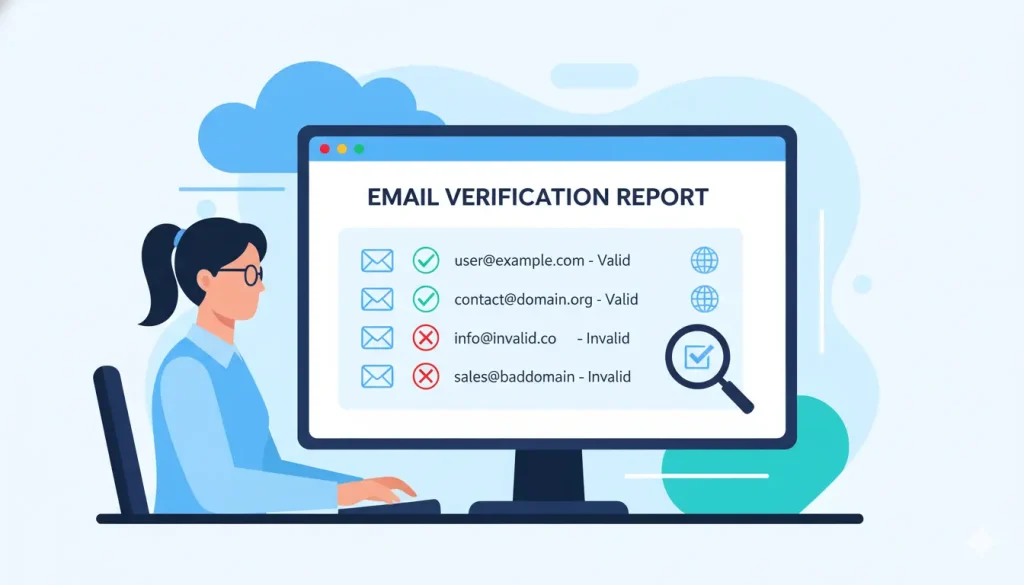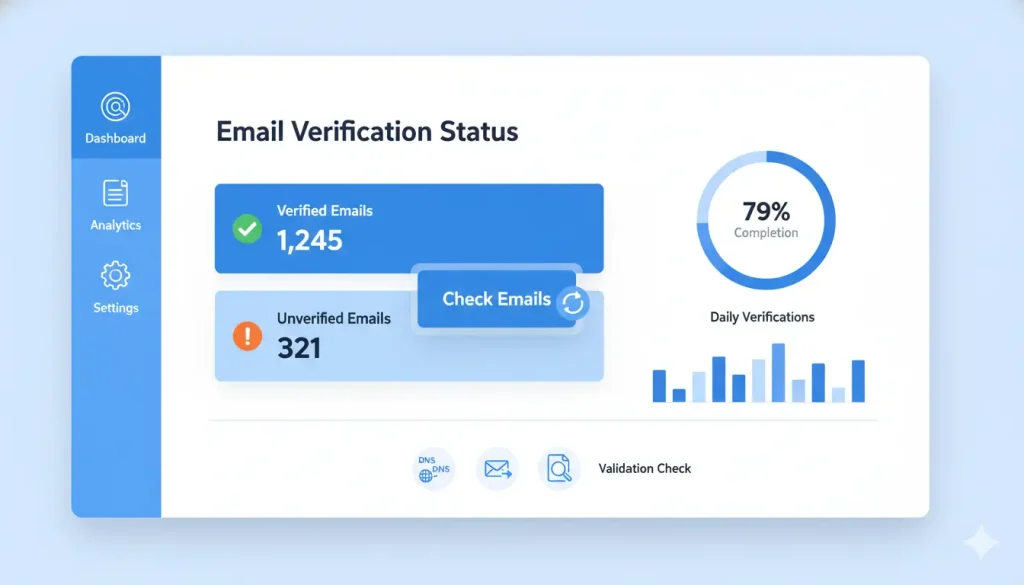Every email marketer has said this phrase, “I need an email verification tool I can trust”. What they lack are the questions associated with it. In example, an email verify tool needs to be online and not a desktop version. The reason is that your data is still vulnerable to theft even with a desktop version. A company that aggregates data online must have strict policies in place to not touch your data. Especially now after the GDPR has passed. Also, desktop software requires suppressions. We have 9 gb of suppressions so the desktop version will not offer that for you. Basically, the argument that your data is safe is a misnomer. The suppressions are located on an outside server and your data is being uploaded and saved. It’s a good way for them to steal your data.
Another question every email marketer asks about an email verification tool is the speed. Smaller lists of a few thousand are not a priority for scrubbing time. Larger lists of over a million are. Does the email verify tool scrub 1 million records within an hour? Surprisingly, start-ups purchase hundreds of millions of email addresses for purposes of advertising. It’s not the best way to go, but a short cut to get a message out. We have seen it especially in political campaigns where spam is completely legal.
You may have heard Email verification software companies offer appending services. This is a huge red flag. We do it through a third party service and do not store data in this form, however, if an email verification company says they offer appending, you really need to ask how they are getting their data. See, if they are collecting their clientele data, then they have all the data collected and appended. They store the date/time stamp of your data and use it for their customers. Before you even upload your database, ask them to sign non-disclosure documents so your data is safe.
Mailing to your data is the last question you should ask of your email verify tool. How are they verifying the email address? If they are doing an SMTP handshake, then they are doing either 3 things. 1.) Sending a blank email to your data 2.) Sending an advertisement and 3.) Handshake pull-back. The question is, are the email verification company profiting off your data by verifying it? Keep all these questions in mind when you look for a verification company. Your data is your hard work and offering it up without question is absolutely dumb.






